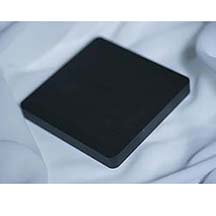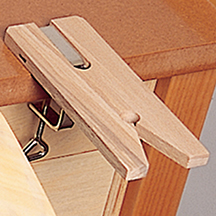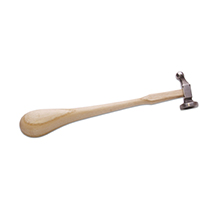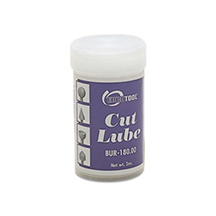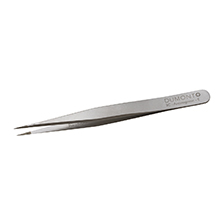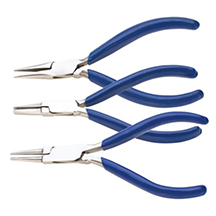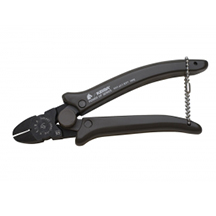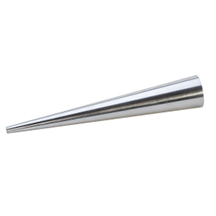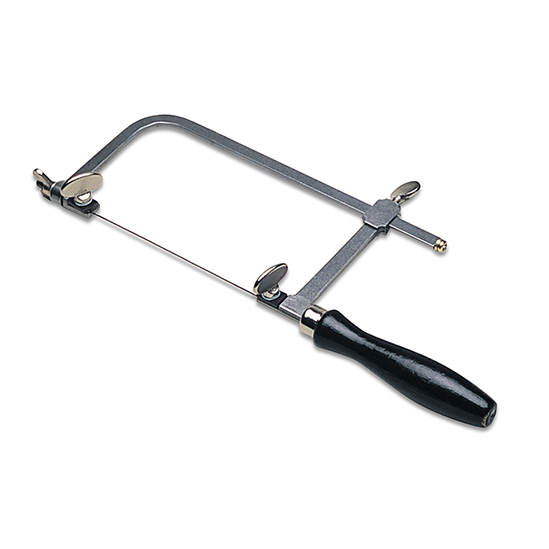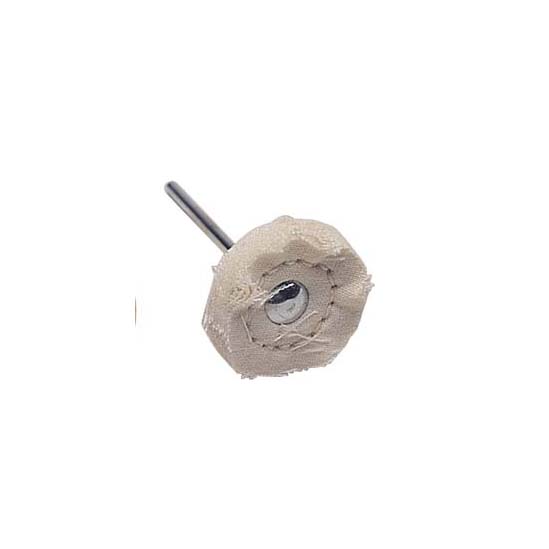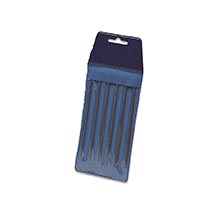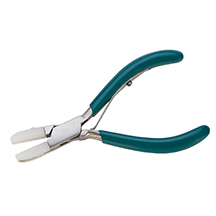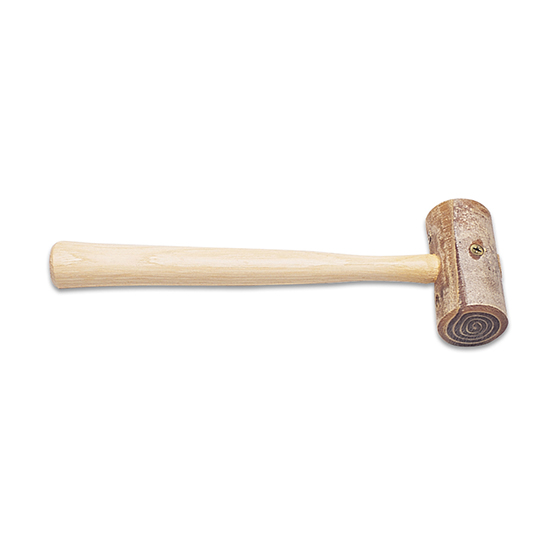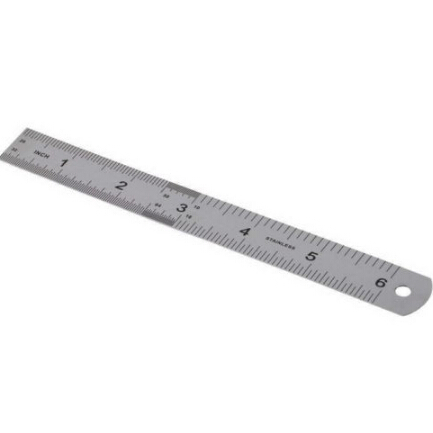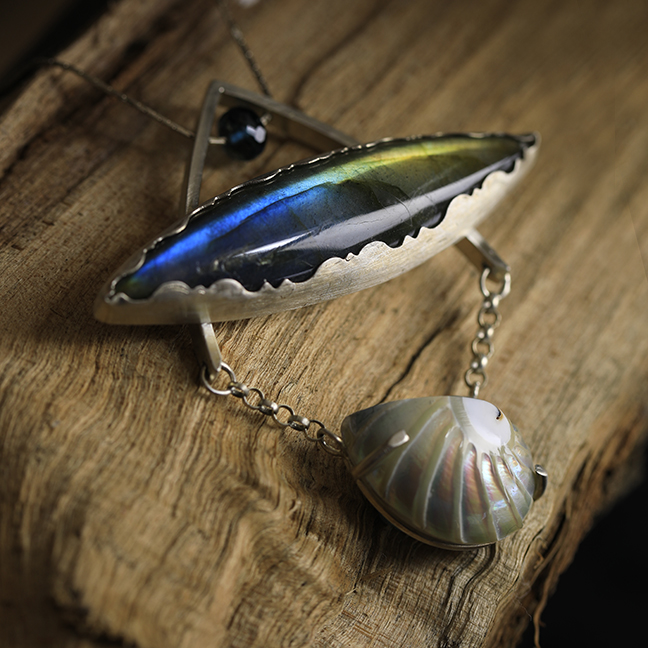
Majestic Pendant
- Level
- Intermediate
- Session
- 2, 6 hour sessions, on-line
- Description
- Whoever said keep it simple never thought of this project. Both front and back are have their own design component in addition to two separate stone settings. Your soldering skills will be challenged with this project with many little pieces just to keep you on your toes. Class is conducted via Zoom, recordings are available. Classes are conducted via Zoom, recordings are available. To participate register at The Urban Beader.
Tools
Tools required to complete project.-
Bench Block
Steel or Anodized aluminum - Used as a hammering surface for metal stamping or working with metal. -
Bench Pin
There are a variety of bench pins available on the market, any will do. However, you will need to bring a 4” or larger C-clamp. As the C-clamp provided with a bench pin does not fit most tables at the shows. -
Chasing Hammer
Used for chasing/moving metal. In my classes chasing hammers are used to create hammer marks on metal and riveting. Instructor will provide for every class needed. -
Cut Lube
Used to lubricate saw blades and drill bits for ease of cutting. -
Divider
Used to score metal to create lines for cutting. May also be used to aid in measuring for consistency. A compass will NOT work, I already tried. -
Fine Tweezers
Used for moving small parts. Classes requiring fine tweezers will not work with fire tweezers. These are a cheap investment. Please be bring some. Optional for most classes. -
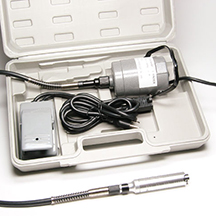
Flex shaft
Rotary tool used for polishing, drilling, finishing, etc. Flex shafts are available for purchase new and gently used at the class. Pleased contact the instructor if are interested in purchasing one at the class as quantities are limited. -
Hand Tools
Basic hand tools – Any quality is appropriate for my classes. These do not need to be high end or expense.
- Round nose - Typically it is preferred that the round nose be a fine tip. Especially for classes with detailed wire work.
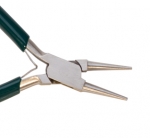
- Chain/needle nose – Tapered jaws for general metal and wire work. Non-serrated are requested for all of my classes. Typically requested for classes to be used for opening and closing jump rings; in which case, 2 pairs are requested or a combination of chain nose and flat nose is suitable.

- Flat nose – Similar to chain nose but the jaws are not tapered. Non-serrated are requested for all of my classes.

- Round nose - Typically it is preferred that the round nose be a fine tip. Especially for classes with detailed wire work.
-
Heavy Duty Cutters
Although any heavy duty cutter will work, if they are flush, they will make your work a lot easier. Cutter should be able to cut through 10g wire. (Many cutters imprint their cutting capacity on the inside of the handle.) Keiba and Xuron are recommended. -
Hoop Mandrel
Bigger than a ring mandrel and smaller than a bracelet mandrel, made of steel and used for forming round shapes. Not mandatory but so helpful. -
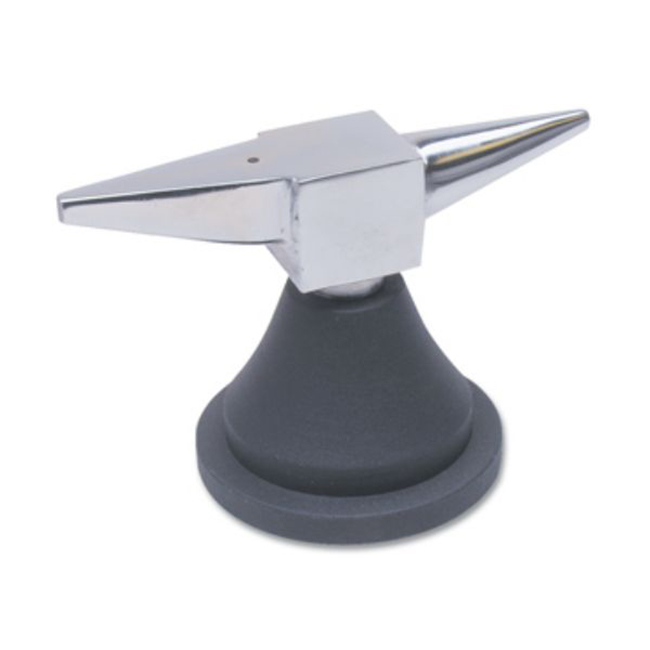
Horned Anvil
For most classes using this anvil, the key is in the square side. We will use to assist in the forging of the shape. -
Jeweler’s Saw
Used for cutting sheet metal and metal tubes. Instructor will provide for every class needed. -
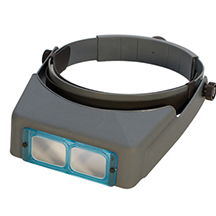
Magnifier or Optivisor
– For almost all classes this is listed as an “As Needed” tool. If you have sight challenges it is recommended that you are properly prepared. For advance stone setting classes this is required! If you decide to use reading glasses consider better than 2.5x.
-
Muslin buffing wheels
Used with a flex shaft or Dremel to polish metal. -
Needle File Set
Used for filing smaller pieces of metal and tight places. When required, either diamond coated or fine tooth is preferred. Some students may prefer to use smaller files as opposed to the student files for their projects. -
Nylon nose pliers
Flat nose pliers with PVC grips o the heads. Mostly used for straightening wire. In my classes they are used to prevent marring when bending metal. Only required for some classes, but this is mostly an optional item. -
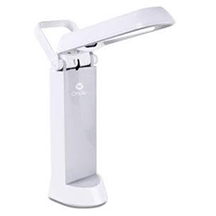
Ott Light or Task Lamp
This is optional item that is listed for every class. It is up to you to determine whether or not you will need to have one depending on your vision. -
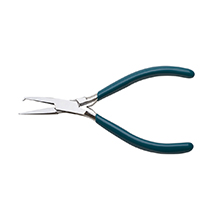
Prong Pliers
Angled jaw allows the user to bend the prongs, making setting jobs easier than with conventional pliers. -
Rawhide/Leather Mallet
Shape and flatten metal without marring it. #2 mallet is a standard size. Instructor will provide for every class needed. A yellow nylon mallet may be used in its place, however a rubber one may not. -
Metal Ruler
6" metal ruler is preferred unless otherwise noted. A larger one will also work, however, it may be a little cumbersome.


